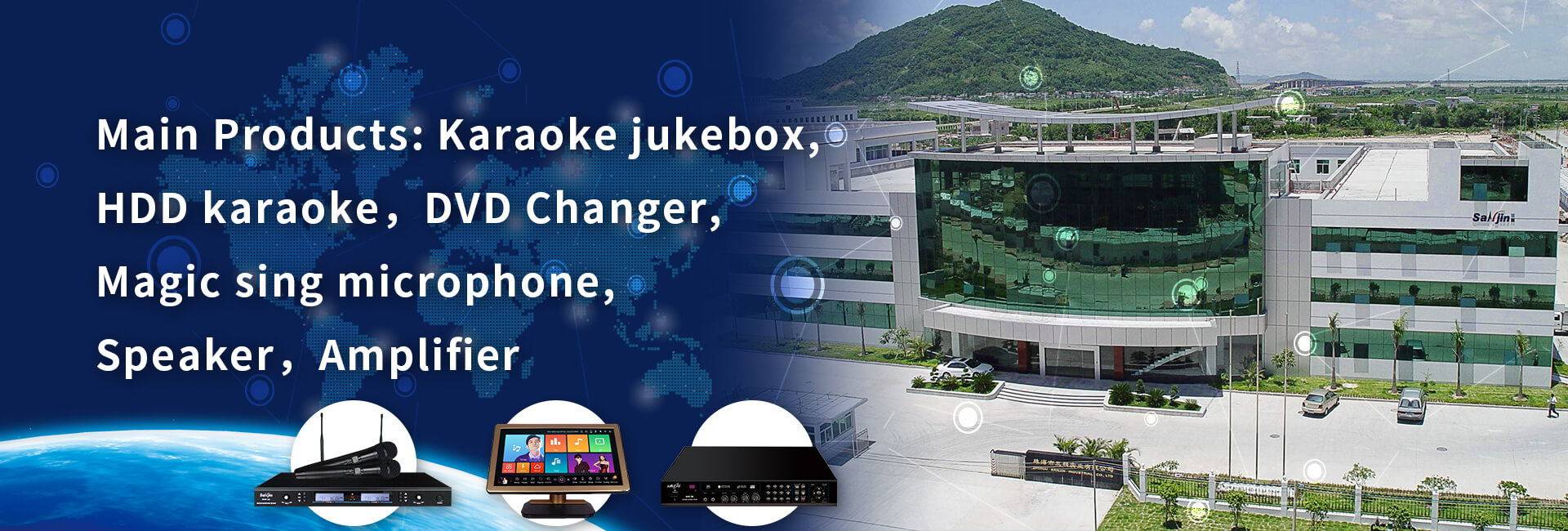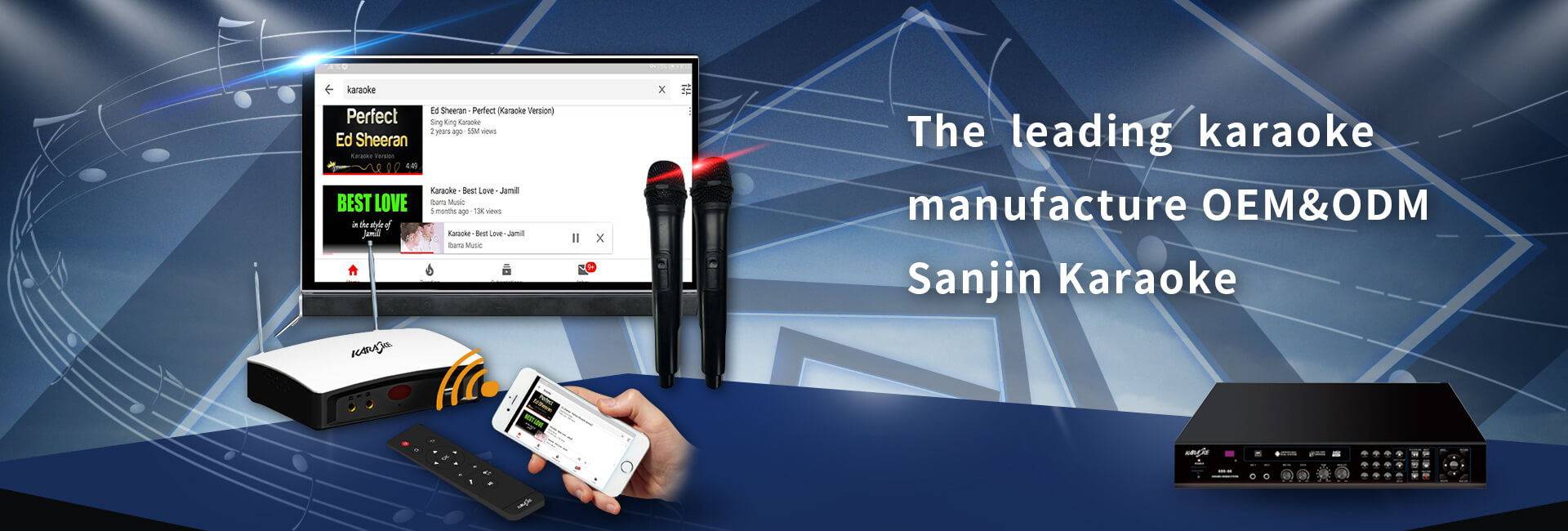Those in the industry know that the effect of a private cinema system is the result of the joint action of the equipment. Therefore, private cinema enthusiasts will pay special attention to the combination of equipment when setting up a private cinema. After all, a private theater is not to buy speakers, but to use in combination with power amplifiers. If you want the best sound quality and picture quality, you must also consider whether the speakers and the power amplifier are matched in all aspects, and master the matching method of the speakers and the power amplifier.
1. Induction hardening
Under normal circumstances, the rated output impedance of the power amplifier should be consistent with the rated impedance of the speaker. If the rated impedance of the speaker is greater than the rated output impedance of the power amplifier, the actual output power of the power amplifier will be less than the rated output power, resulting in low sound and volume. If the rated impedance of the speaker is less than the rated output impedance of the power amplifier, the actual power will increase, resulting in distortion and the power amplifier may be overloaded.
2. Power matching
If the impedance of the speaker meets the matching requirements, and the carrying power is less than the power of the amplifier, the driving power is sufficient and it sounds very comfortable. This is often said that the reserve power of the power amplifier must be large in order to fully display the overall connotation of music, especially the low frequency part of music, which is more vivid and powerful. This is a good match.
If the rated impedance of the speaker is greater than the rated impedance of the power amplifier, although both can work safely, at this time the power amplifier does not push enough power, it will feel that the loudness is insufficient, it often becomes saturated, the distortion is aggravated, and it still feels weak. If the power of the power amplifier is greater than the power of the speakers, you will feel that the low frequency is very powerful when listening to music, but for beginners, pay attention to avoid the speakers from being burned out.
3. Damping coefficient matching
The so-called damping is a measure of the damping of the loudspeaker by the internal resistance of the output stage of the power amplifier. If the damping coefficient is too high, the sound from the speaker will be very dry and not round; if it is low, it is easy to have the feeling of sound sticking together.
Some speakers need a high damping coefficient to control the action of the unit, but if equipped with a power amplifier with insufficient damping coefficient, the unit will lose control, causing redundant resonance and audio loss; on the contrary, if a pair of speakers without a high damping coefficient are equipped There is a high damping amplifier. Due to the high damping control, the sound of the unit will become very solid and the sound tail will be extremely short.
When matching speakers and power amplifiers, mainly consider the above aspects to see if they match. However, what Bian Xiao wants to say is that if you really plan to build a private theater system, you should be aware of your usual usage habits. When it is mainly used to watch movies and listen to music, it can be matched according to the ratio of the two. If it is used to watch movies, then the amplifier should choose some brands that are better in theaters. If you listen to more music, you can choose brands that have better music.
Post time: Apr-25-2021





